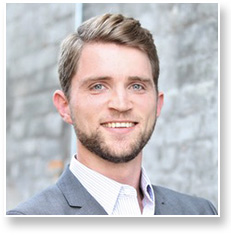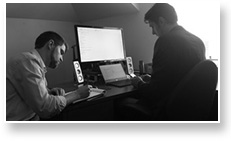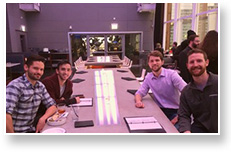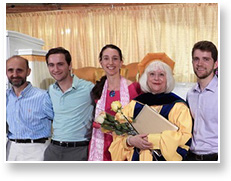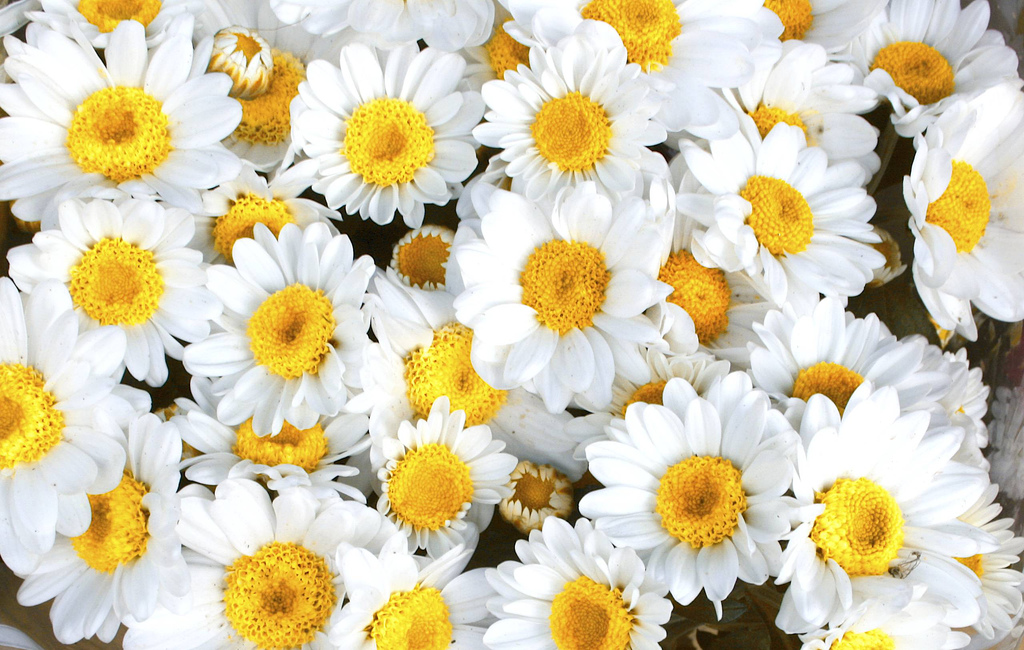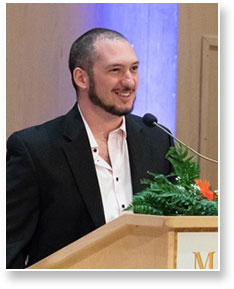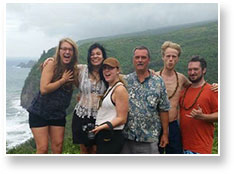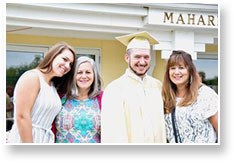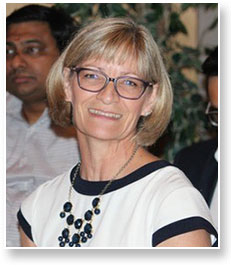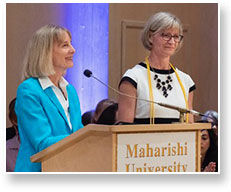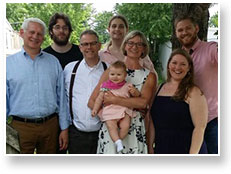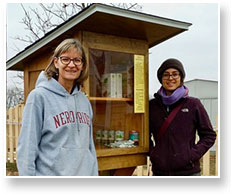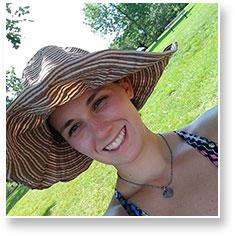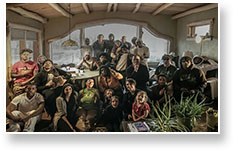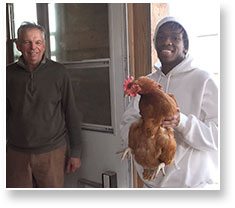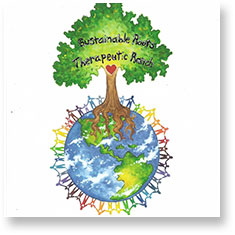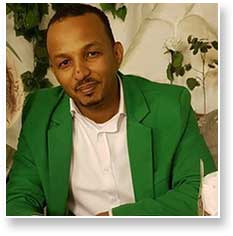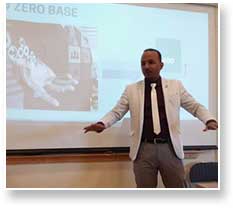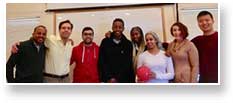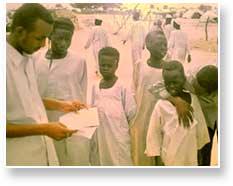
Dale Wilke–Everything Revolves Around Consciousness
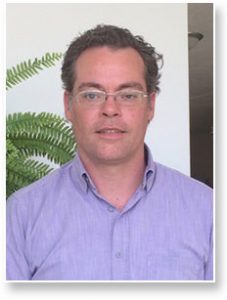
MUM graduate Dale Wilke
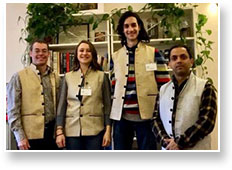
With fellow students and Professor Dinesh Gyawali during an Ayurveda Wellness practicum
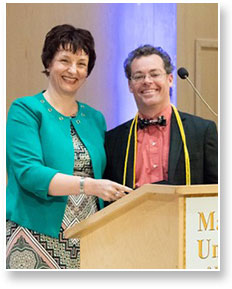
Receiving the Outstanding Student Award from Liis Mattik, Associate Chair, Physiology and Health (photo by Ken West)
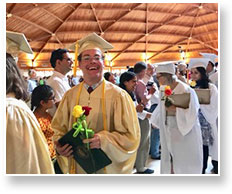
Dale at the MUM commencement ceremony
“Are you interested in Consciousness-Based education?” That was the ad Dale Wilke saw on the Internet that prompted him to explore the MUM website, attend a Visitors Weekend, and apply to MUM.
Dale grew up in a small farming community in Illinois and worked for 15 years for a picture framing company in St. Louis, Missouri. After he moved up the corporate ladder and became a manager, he realized he wanted to study plant medicine and focus on personal development. So he resigned his leadership position and worked in sales to free up his brain for research.
His interest in ethnobotany led him to volunteer at the Missouri Botanical Garden. He then studied chemistry at a community college, and his focus turned to nutrition and Ayurveda. That’s when he discovered MUM. He wanted to attend a non-traditional university that focuses on holistic life, and the idea of Consciousness-BasedSM education appealed to him.
“Developing my consciousness has always been important to me even before I came here, even though I didn’t know what that was,” said Dale. He immediately noticed the benefits of the Transcendental Meditation® technique on his behavior, mood, and sleep, and within six months he learned the TM-Sidhi® program.
Dale graduated this June with a BA in Ayurveda Wellness and received the Outstanding Student Award from the Department of Physiology. He wanted to further his education so he decided to stay at MUM and enroll in the online MS in Maharishi AyurVedaSM and Integrative Medicine program because of its Consciousness-Based approach to health. “I have learned that everything revolves around consciousness, including the consciousness of the health practitioner,” he said.
Dale also took some classes in regenerative organic agriculture, and his long-term goal is to open a holistic health center that would offer a combination of Ayurveda, organic agriculture, yoga, and the Transcendental Meditation program.


